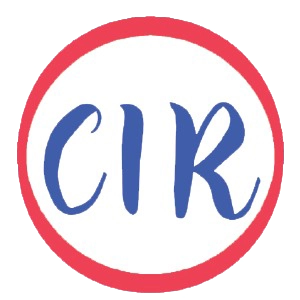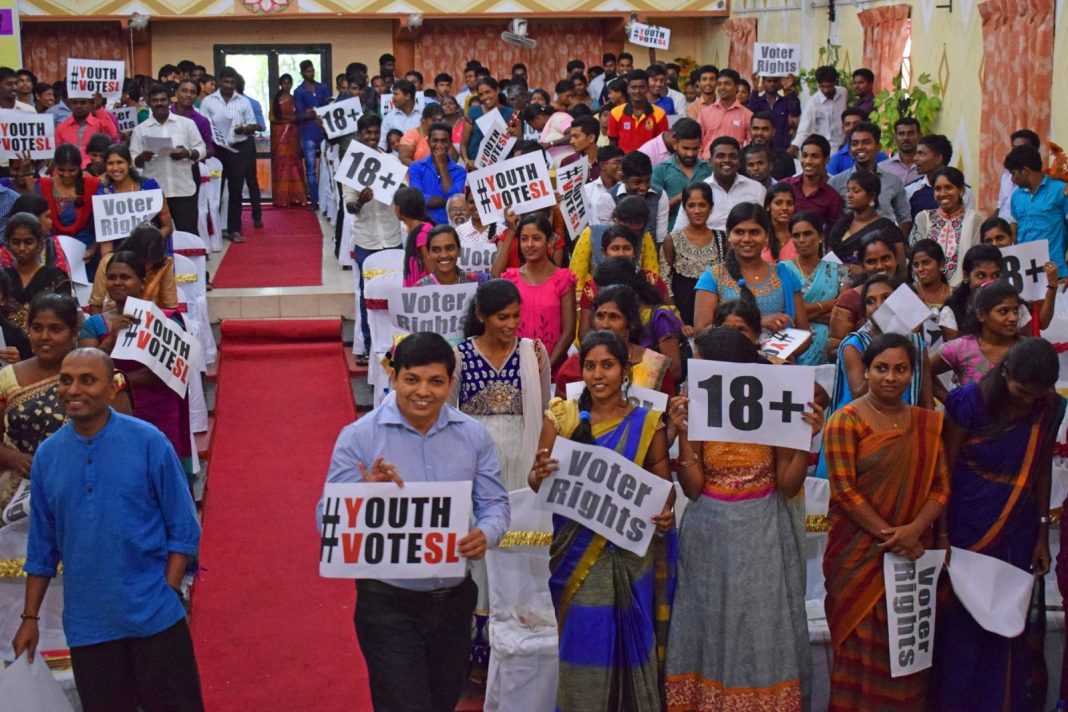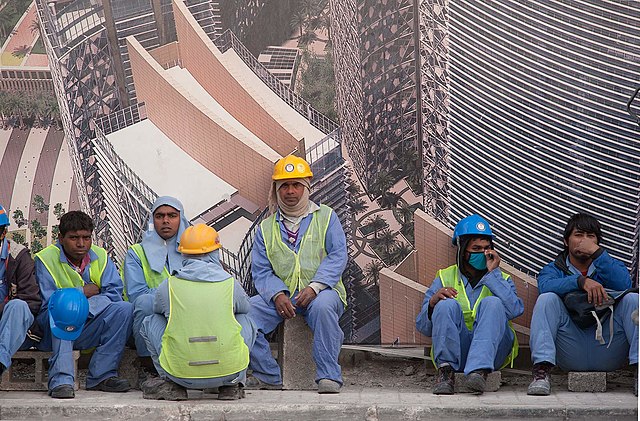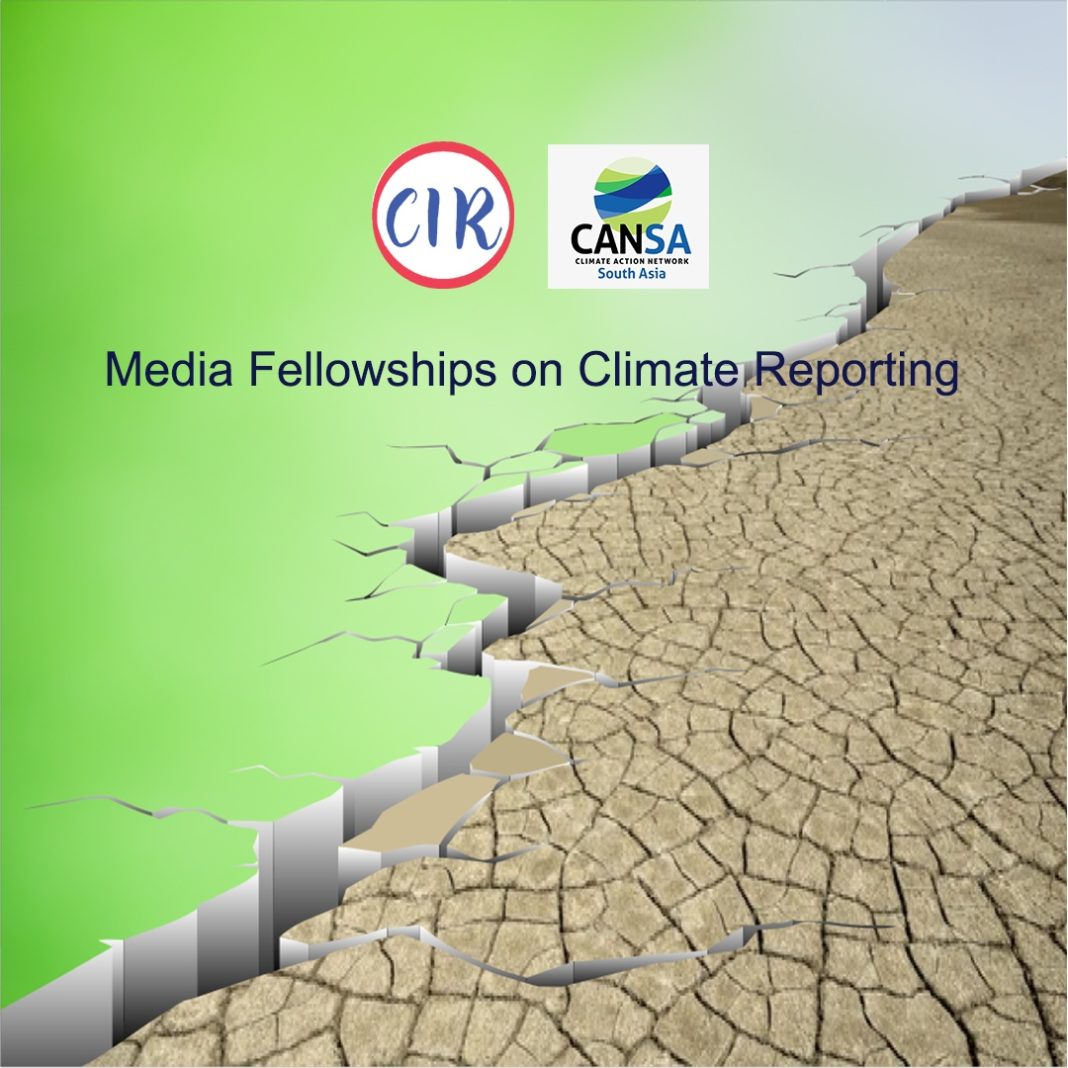By Pamodi Waravita
COLOMBO – As millions of Sri Lankans wait to cast their vote in the first election since the 2022 economic collapse, we take a step back to look inwards at election reporting. This year, the spotlight has increasingly been on voter preference polls, presidential debates, and other ‘competitive’ aspects of the election, which raises questions about how the public is engaging with the election on mainstream and social media.
‘Horse race journalism’ is an approach to election reporting that focuses on polling and campaign strategy so that the election is framed as a competition instead of candidates’ policies and eligibility which would help the public to make a more informed choice.
As Sri Lankans prepare to vote their 9th executive president on Saturday (21), the Center for Investigative Reporting (CIR) spoke with senior journalists and editors to understand how horse race journalism is affecting election coverage.
Anthony David, Deputy Editor (News) at The Sunday Times says that although print media tends to go in-depth into political coverages, “these days a small voice cut or snippet gets huge attention”.
“Then, things get taken out of context and when people start following that, they miss out on the bigger picture of whether we are getting a president who can really run the country. We miss these opportunities in the process. Voters are ultimately not guided by the actual policies of the party but last-minute comments.”
Lakshman Gunasekara, former editor-in-chief of The Sunday Observer and media educator and strategist notes that this manner of journalism is a competition between journalists themselves where they attempt to “out race” each other in reporting the elections.
“They’re reporting the intensity of the election’s competition and I’m a strong critic of it.”
Running with opinion polls
Senior journalist Chandani Kirinde remembers that when the paper commissioned a voter preference poll in the early 2000s ahead of an election with an international pollster, it was a “novel” idea at the time.
This year voter preference polls about candidates, especially published on various social media and YouTube accounts, have attracted significant attention.
“We did a lot of ground reporting at the time where we went to different areas and gauged their mood. We used old fashioned systems to speak to people on the ground. Now they go with cameras and microphones and use social media platforms for publication,” said Kirinde, noting that this method of understanding preferences of the voters doesn’t consider that sometimes voters don’t want to speak about their secret ballot.
“They speak more openly with print journalists as we can say we won’t put their photograph and casually talk to them. We also must differentiate between journalists and others who use the elections to focus on polling and other similar things.”
David too points out that this year, although they have received voter preference polls from various corners, the majority lacks credibility.
“We see they also promote some candidates alone,” he said, adding that they refrain from publishing such polling data.
Kalani Kumarasinghe, Editor at the Newswire – an online publication – says that she has observed social media being heavily focused on polling data this year as opposed to mainstream media.
“I don’t know if mainstream media isn’t reporting on these voter preference polls due to ethics or because the polls don’t reflect well on any candidate. We don’t report on voter preference polls as we haven’t seen any with the scale or authenticity we are looking for. It is naive to think voters aren’t influenced by how we report an election. If the election result turns out very different to the reportage on the voter preference polls, it may add to the mistrust of media which we saw in India where the result was nothing like what the polls had led people to believe,” she added.
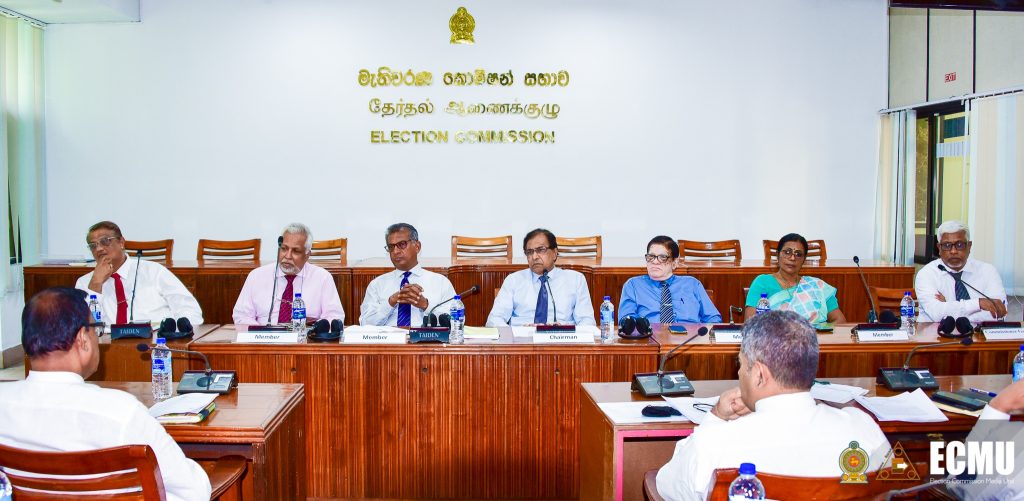
Political consequences
Gunasekara too suspects that social media and the “vast information warfare that is ongoing” are having an impact on elections and voting patterns as well.
“Citizen participatory communication is now the bulk of public communication, and we cannot speak about changes in media without speaking about that. Professional journalism itself caters to social media networks and content. Professional journalism has changed profoundly, like it or not, due to the compulsion of social media, including commercial compulsion.”
Kirinde says there is a “real shift away” from the traditional campaigning that happened 10 to 15 years ago where politicians were heavily dependent on print to get their message across.
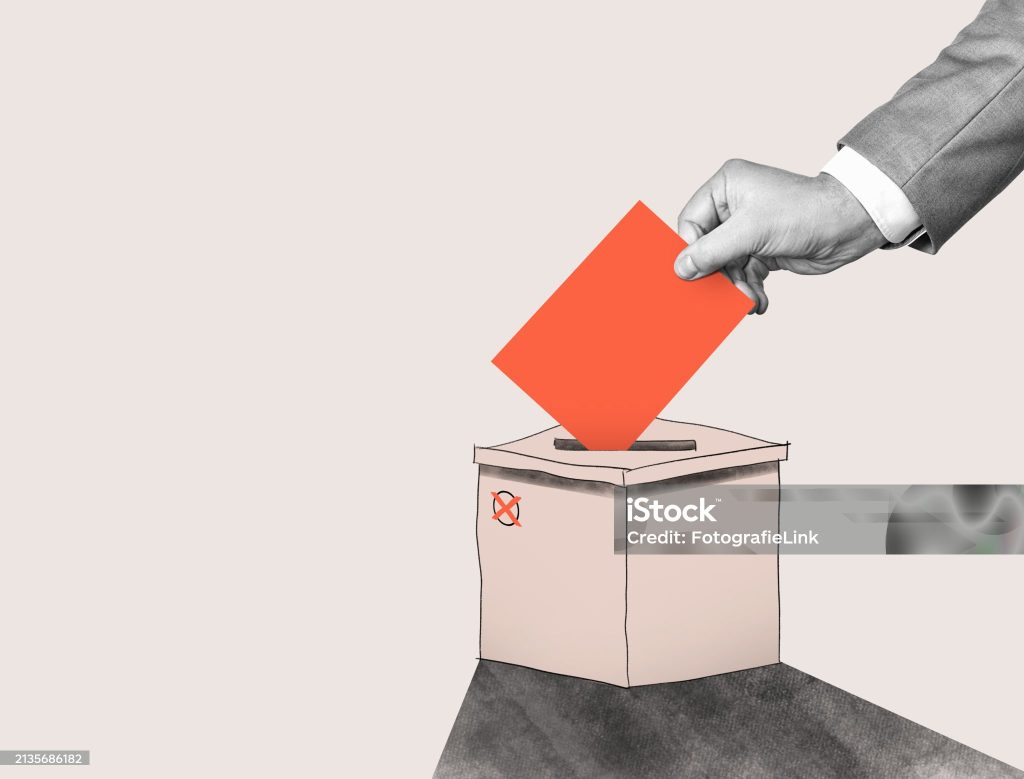
Journalism ethics
Commenting on best practices when reporting an election, David said that providing a balanced to the candidates was key while not getting “distracted” by polling data.
He also cautioned about ensuring accurate reporting during the last few days of the campaign as the audiences would have no time to fact check: “False information during the last few days may be a dangerous tend so we may end up with a president who’s not fit to run the country.”
Rathindra Kuruwita, the Deputy News Editor at The Island notes that frontpage news doesn’t focus heavily on policy.
“We carry more in-depth articles in the inside pages, but the news pages tend to focus on what people say, etc.”
He believes that journalists shouldn’t be too opinionated when reporting and should refrain from interpreting the news for readers.
“We also try to give balanced coverage and coverage for all candidates, although this time there are 39 candidates.”
He further criticized “blatantly false reporting” saying that “in this age of the internet, you can’t fool people unless they really want to be fooled”.
